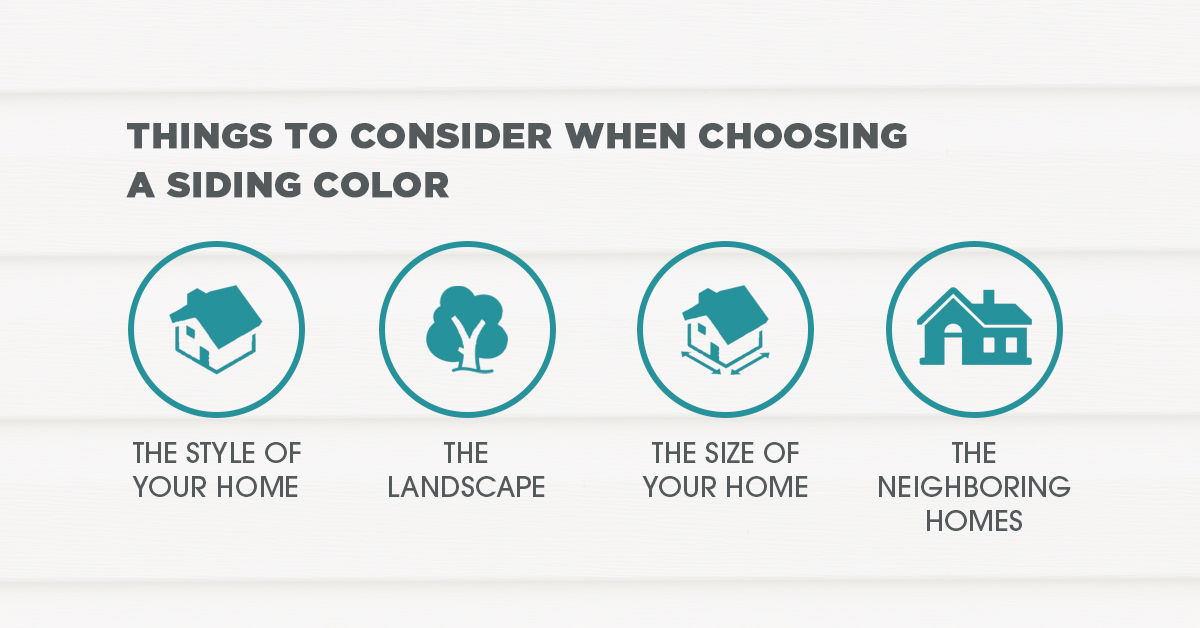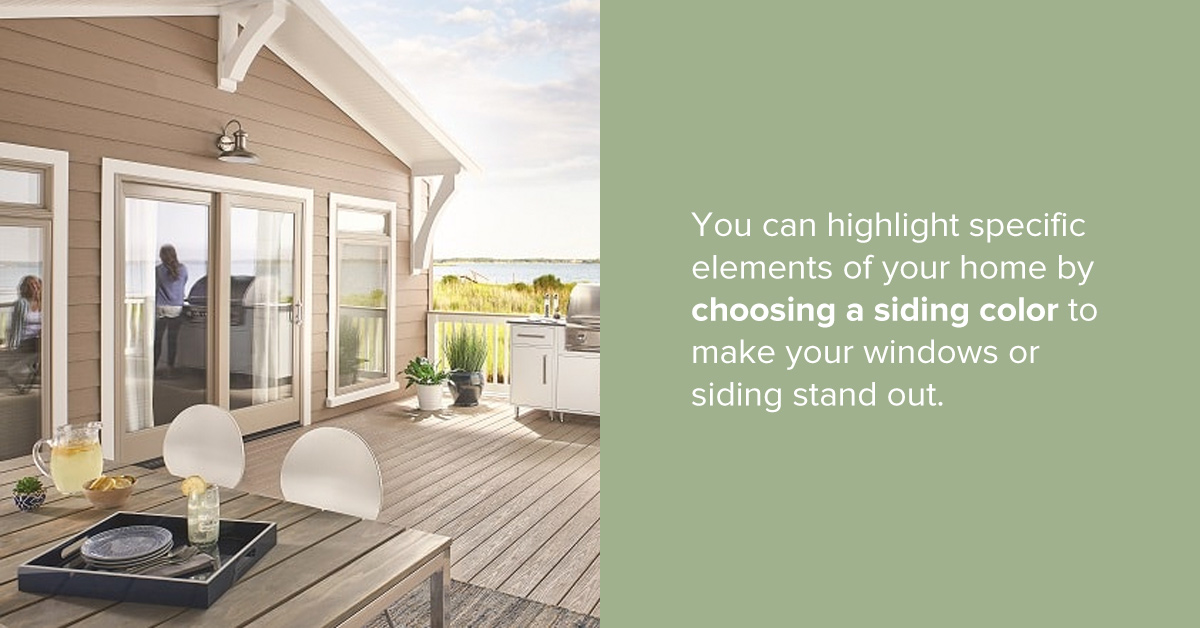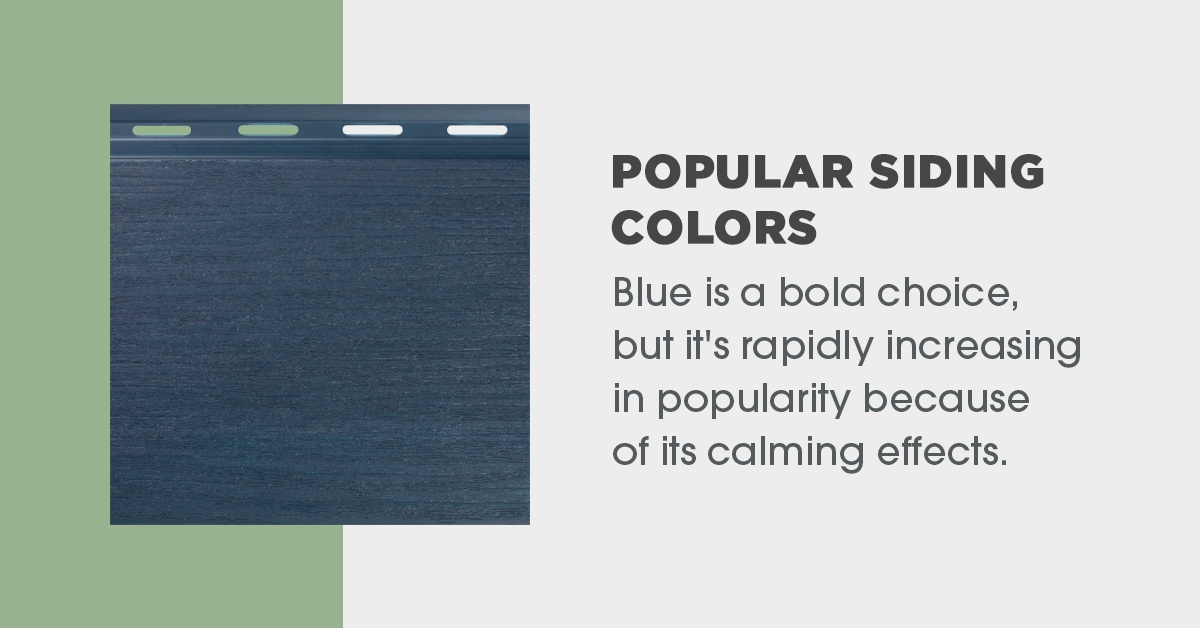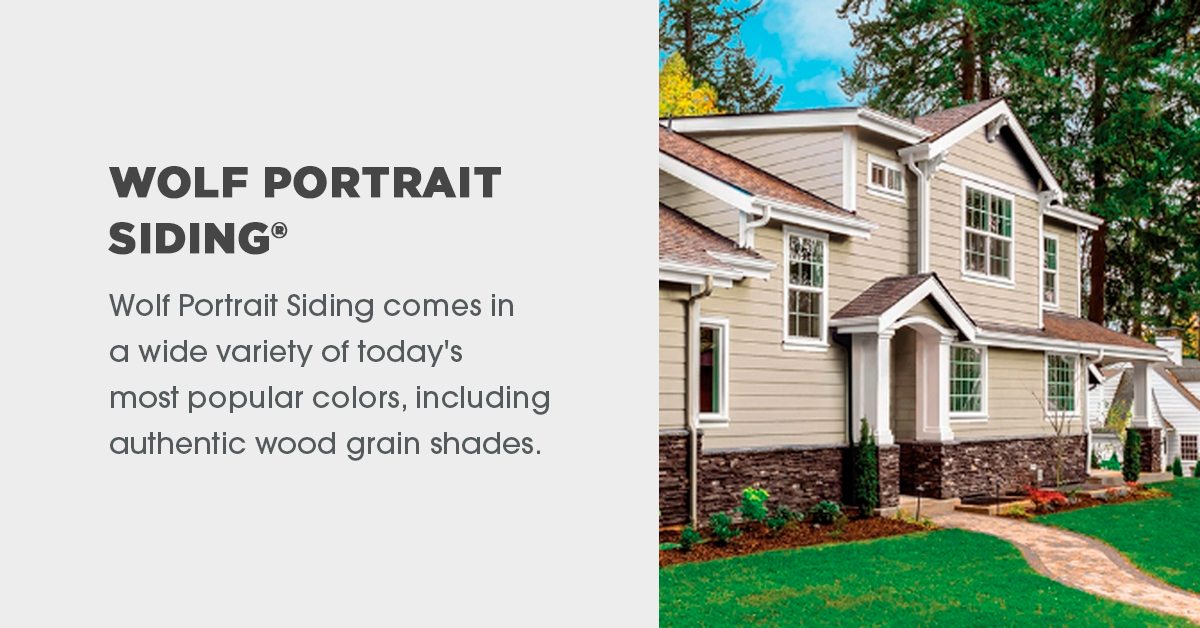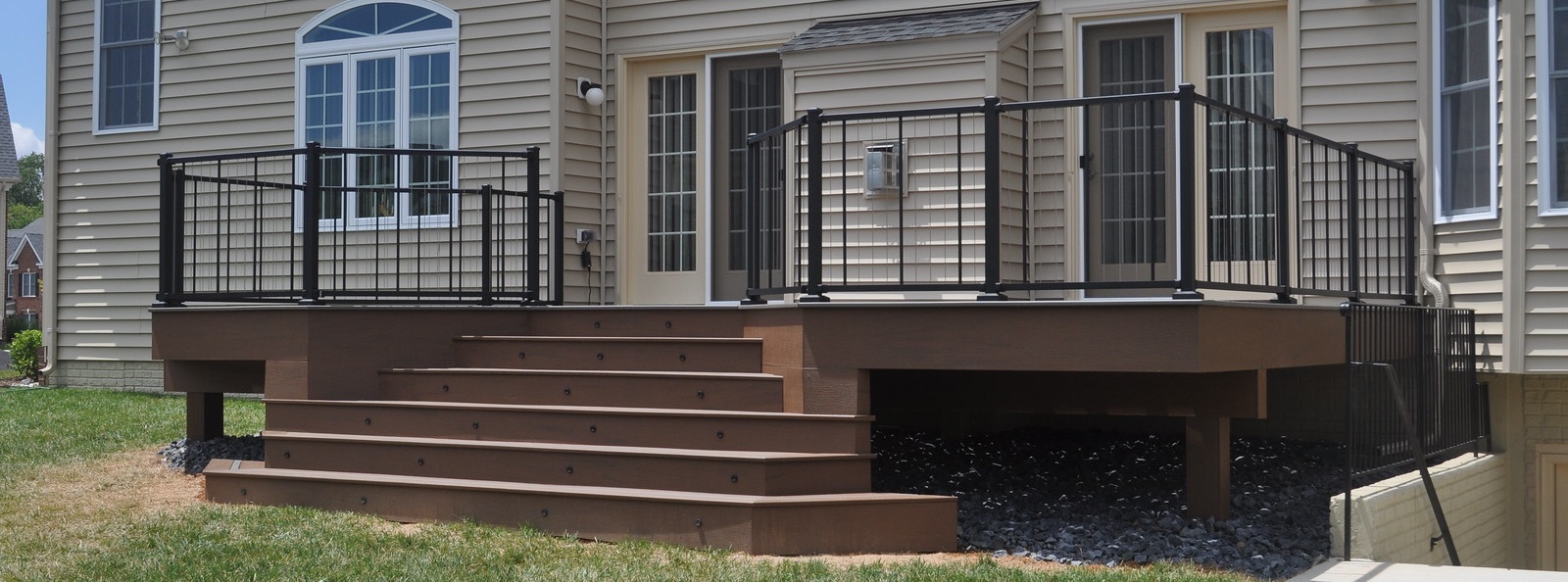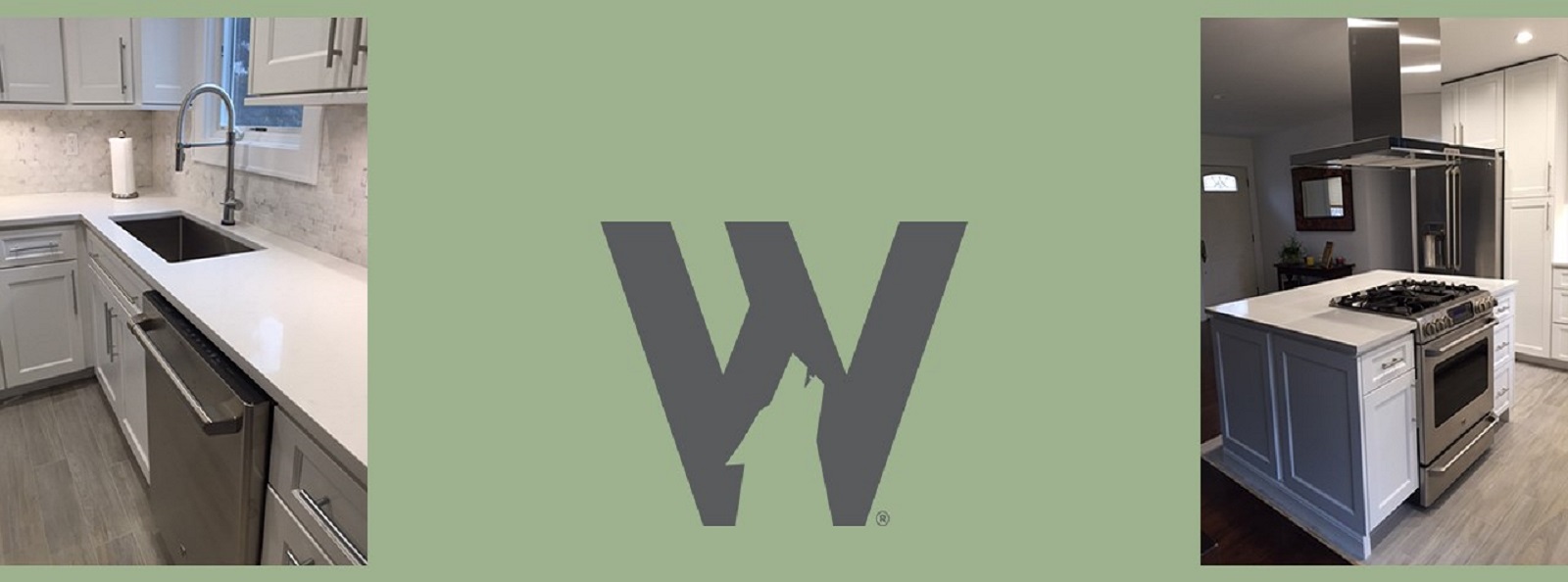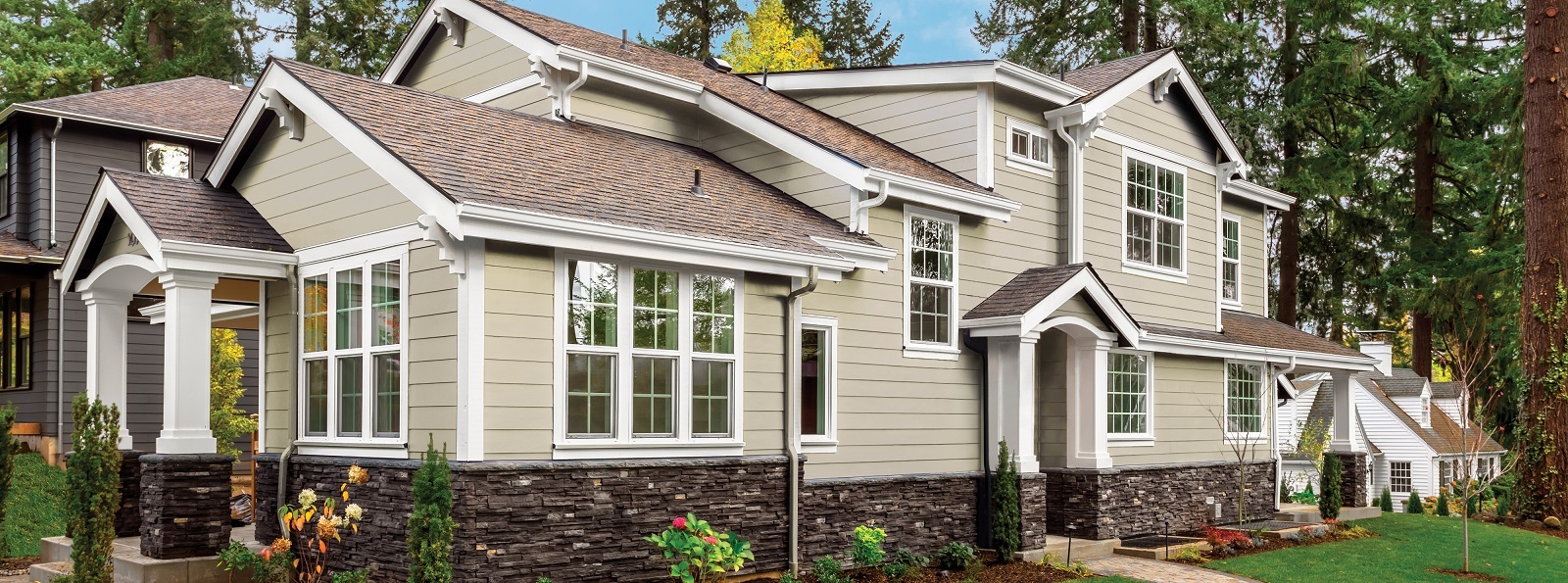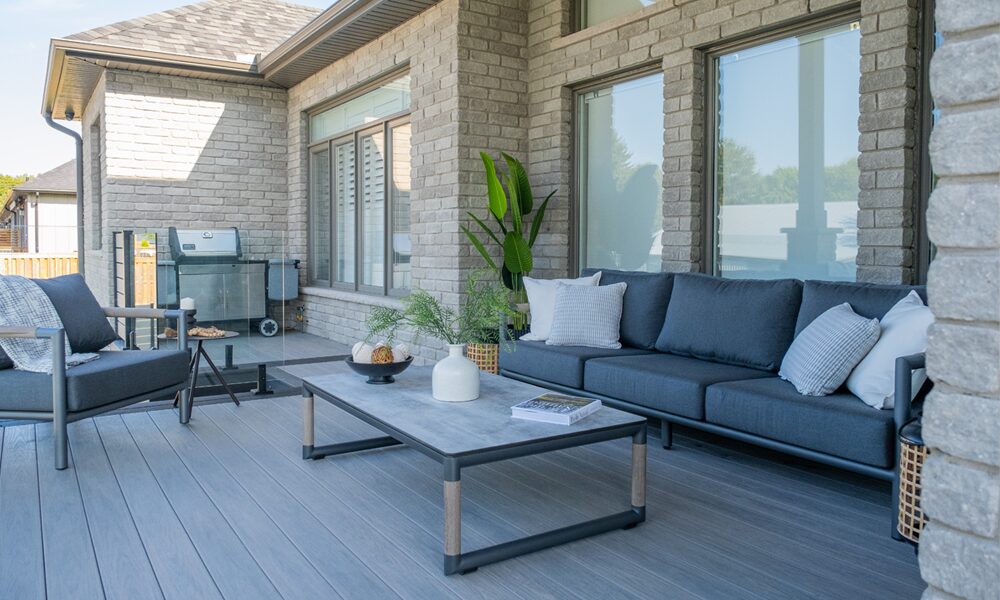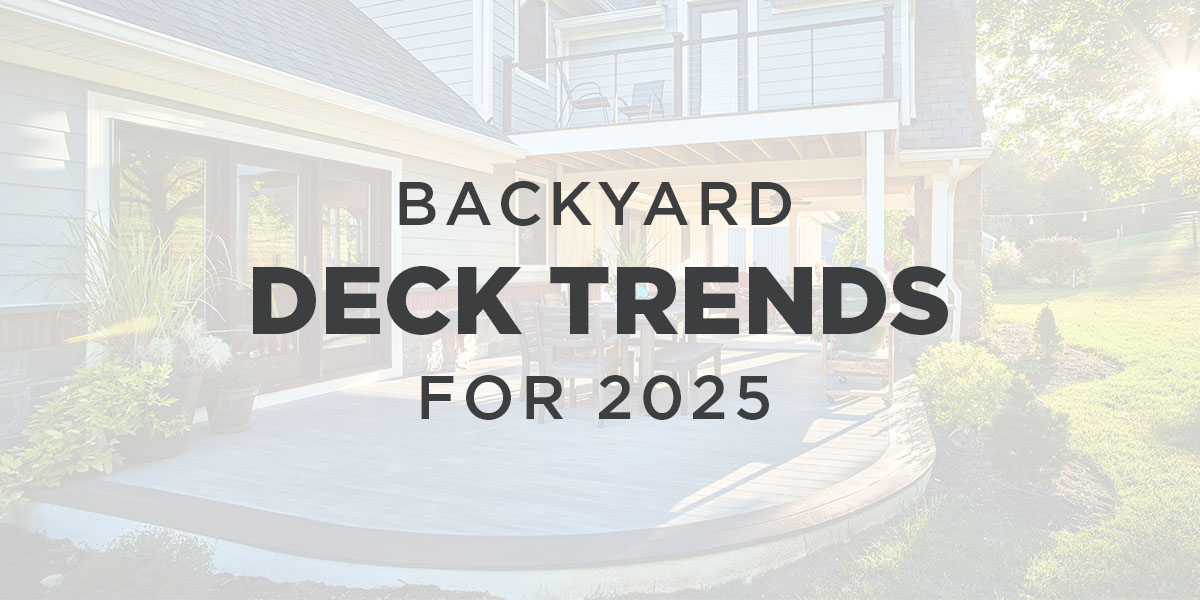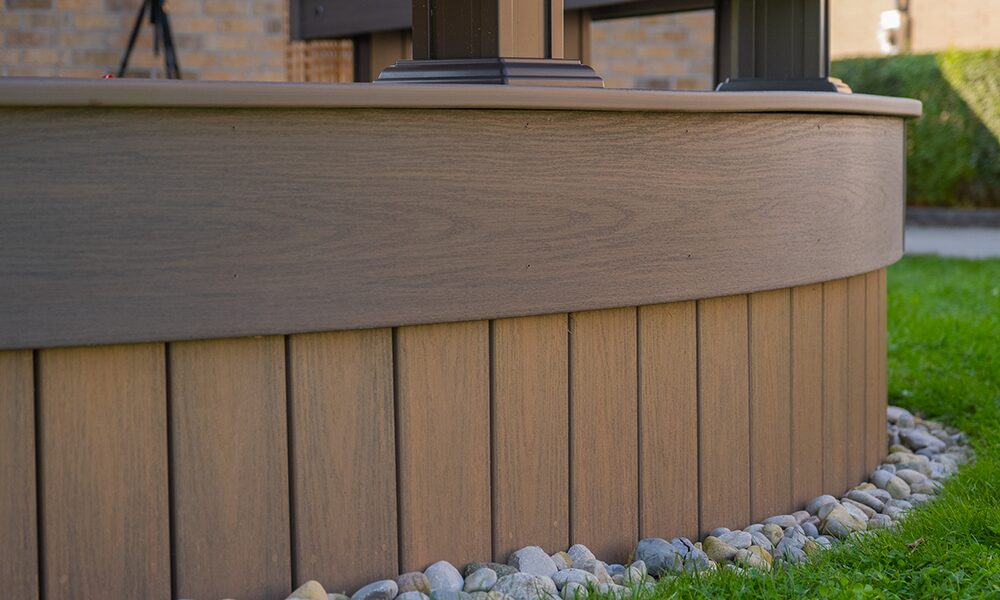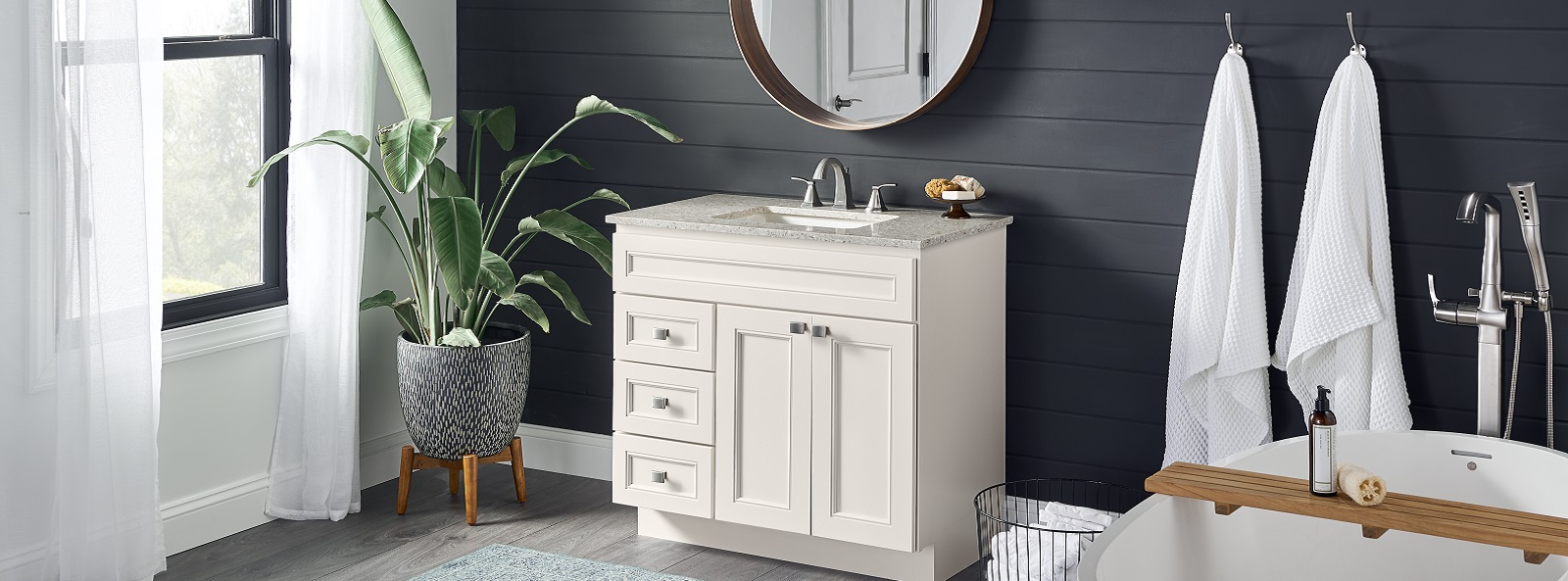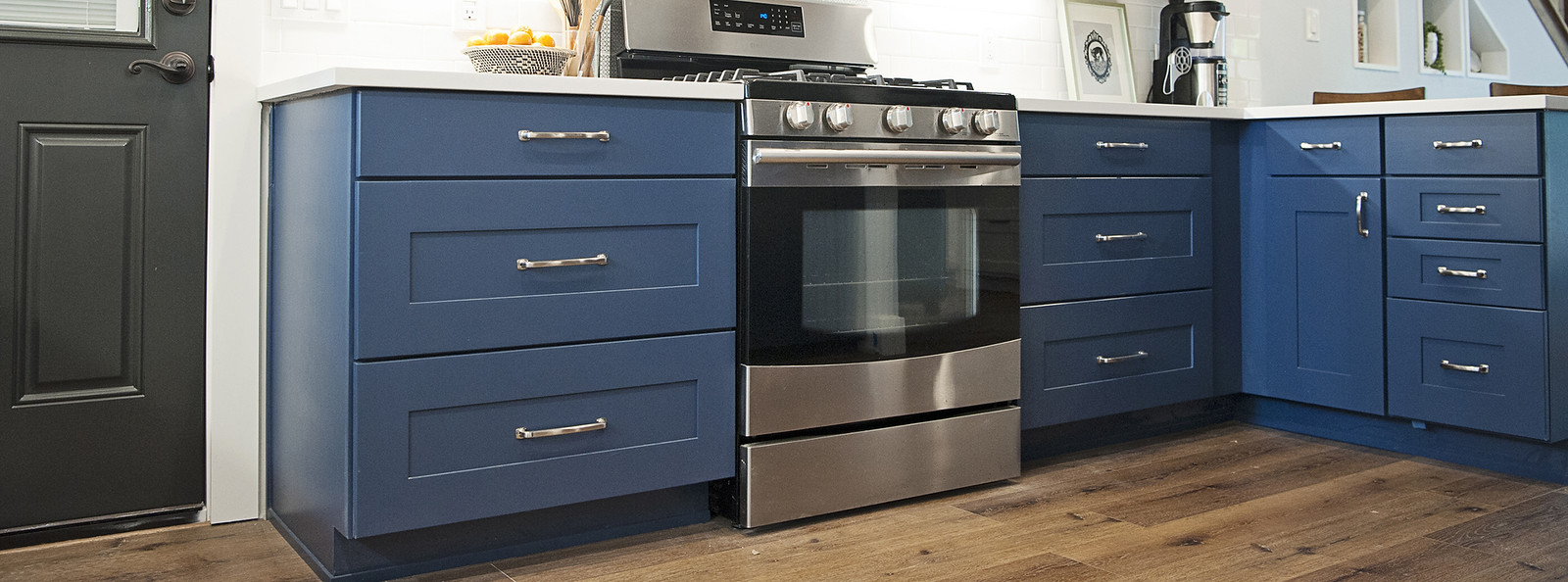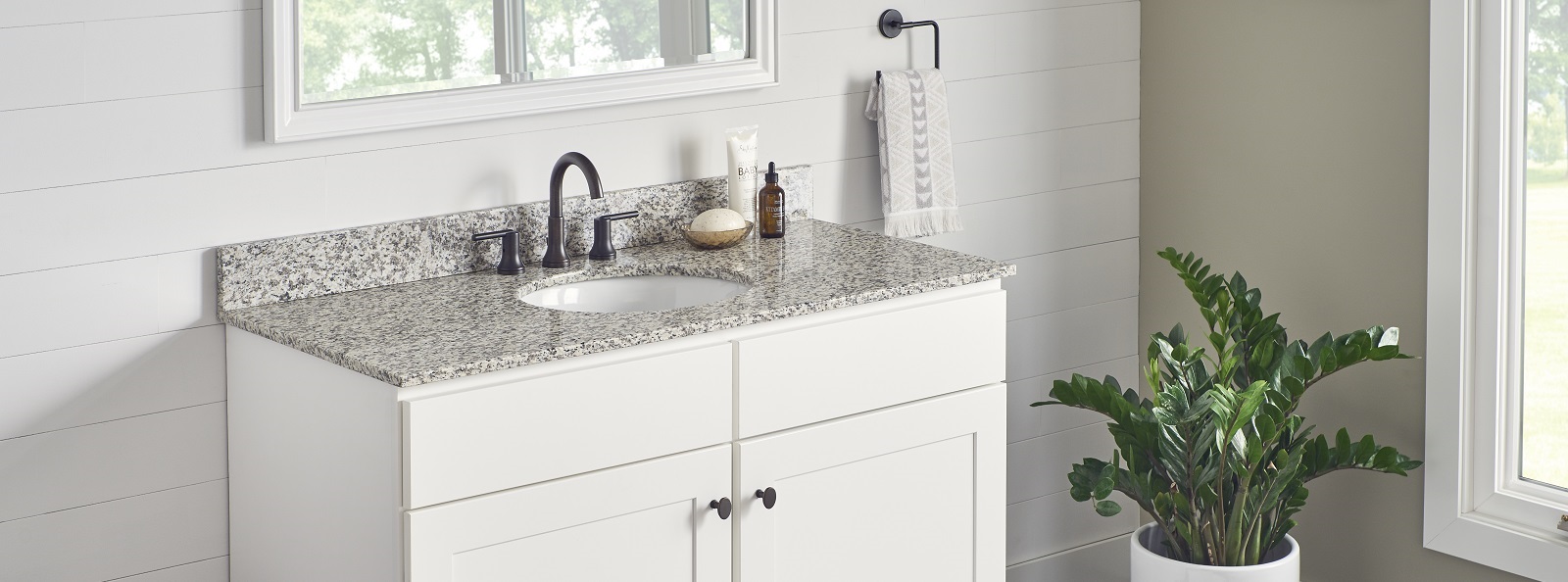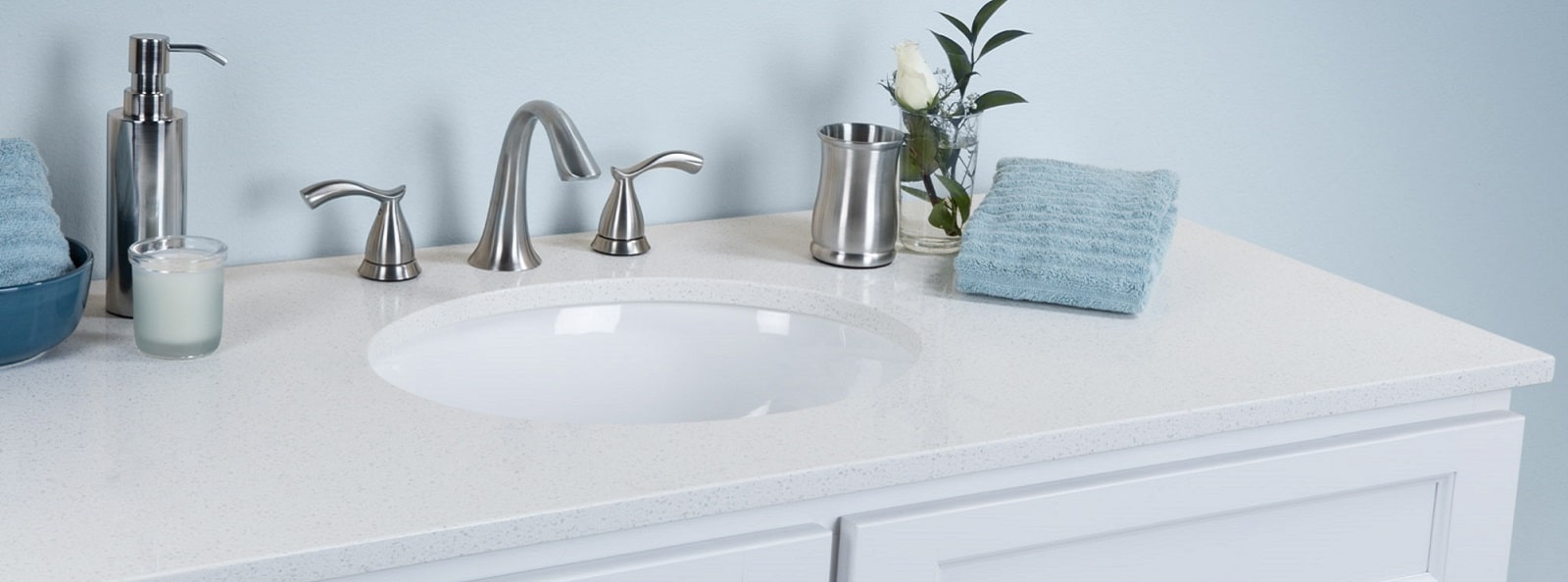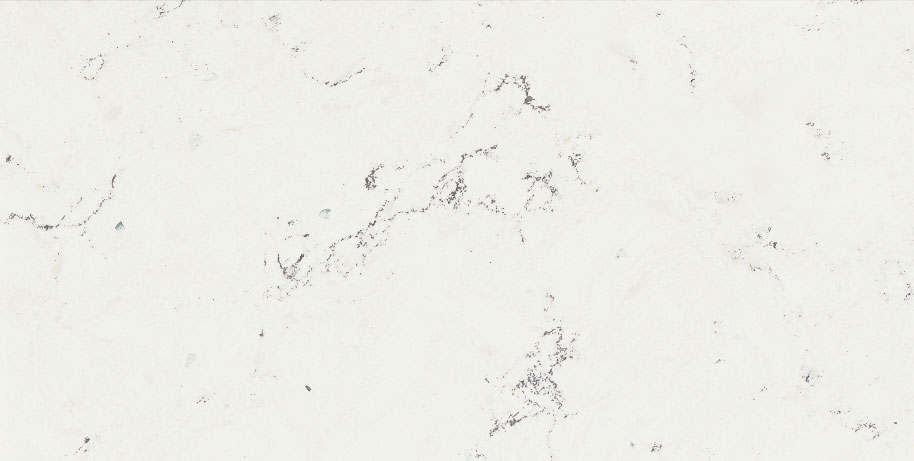
HOW TO PICK A SIDING COLOR
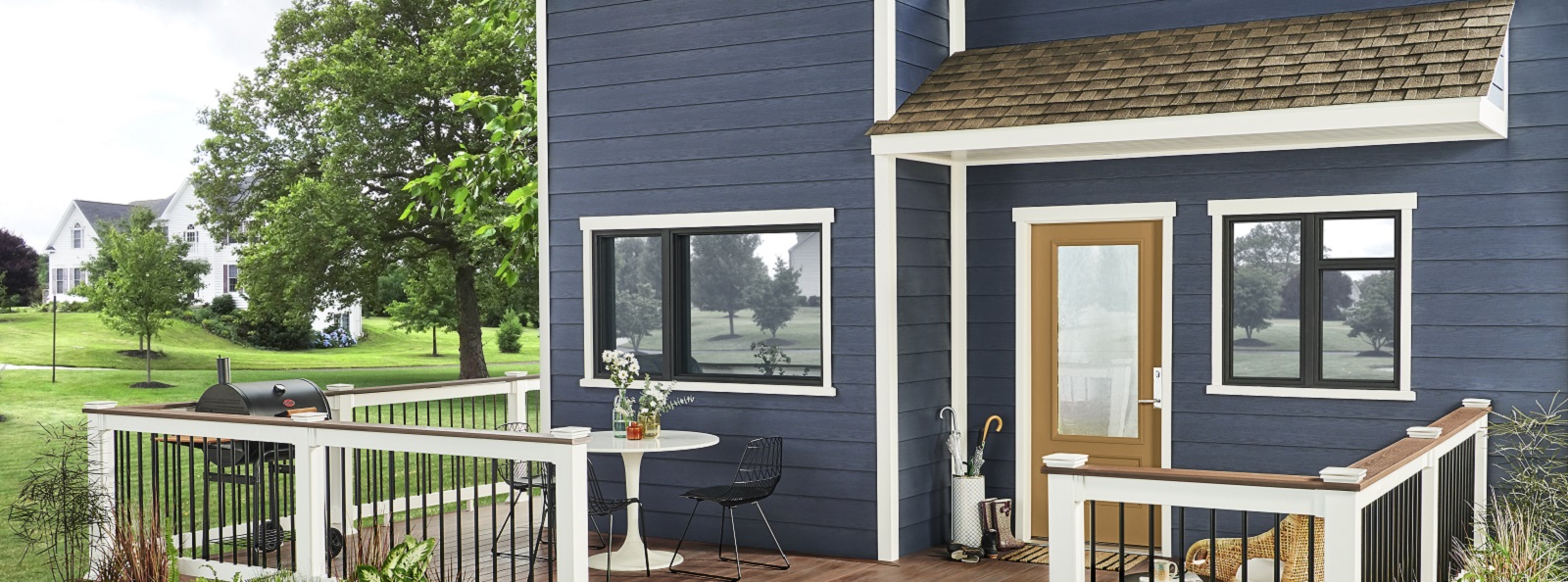
Choosing new siding for your home is a big investment. In addition to the cost, siding is an investment in your home’s appearance for years to come. It’s the first thing people see when they arrive at your home, and it’s the first thing you’ll see every time you come home after a weekend trip or late night at the office. The right siding color can make or break your home’s curb appeal — and it can make or break your own feelings about your home.
Picking siding colors can be a challenge, but it doesn’t need to be stressful. There are several factors to consider before you can decide the siding color that’s best for your home.
THINGS TO CONSIDER WHEN CHOOSING A SIDING COLOR
Choosing a siding color is an important process, and it shouldn’t be rushed. Wondering how to choose a siding color for your house? To start, consider these four key factors:
1. THE STYLE OF YOUR HOME
Different styles of homes call for different color palettes. For example, Victorian homes pair well with a playful color palette, whereas Craftsman homes call for more earthy tones, such as olive green, muted reds or browns. Colonial homes, on the other hand, typically look better with white or cream siding to mimic the look of wood. Look at your house, as well as others built in similar styles, and take note of what color siding they have.
You’ll also want to consider the color and style of your roof when selecting a siding color. You want the color of your siding to complement the color of your siding. For example, if you have a dark roof, white or neutral siding colors can create a pleasing contrast that looks balanced.
If you have a brown shingle roof, you can combine it with gray siding or steel tones to make your home stand out from the rest and create the appearance of a mountain-style home. If you pick a siding color that doesn’t complement your roof style or color well, your home might look confusing or unbalanced.
2. THE LANDSCAPE
Consider the trees and shrubbery around your home. Then, focus on colors that will blend well together. If you have a lot of vibrant trees, then a light brown siding might complement the green of your trees. On the other hand, a bright siding color on a lot without a lot of foliage may stick out too much.
3. THE SIZE OF YOUR HOME
The size of your house should also be a consideration when it comes to selecting a siding color. Bold or dark colors tend to make larger houses look menacing or depressing rather than welcoming. On the other hand, lighter neutral colors can cause smaller houses to blend into the background.
4. THE NEIGHBORING HOMES
Take a look around your neighborhood. What siding colors are popular among your neighbors? Is there a look or aesthetic the neighborhood is designed around? If so, consider mimicking that look. If you opt for something that isn’t in keeping with the neighborhood, your house may stand out — but not in the way you want.
In some cases, neighborhoods with homeowners associations may have certain rules or regulations regarding siding colors. It’s important to explore these regulations before making your final selection. If you don’t do your homework, you could find yourself in trouble with your neighborhood association later on.
HOW TO HIGHLIGHT OR HIDE CERTAIN FEATURES OF YOUR HOME
If you live in a newer neighborhood, you might notice that your home has a simple design with understated features. The current view of the siding on your house might be basic and underwhelming.
You can highlight specific elements of your home by choosing a siding color to make your windows or siding stand out. For example, if you have white trims, you can use a dark siding color to make the trimming stand out. If you want to bring attention to red bricks, you can use brown, gray or tan siding to complement the red color and make it stand out.
However, you may want to pull attention away from certain home features. You can choose a neutral siding color that closely matches the parts of your home you’re trying to draw attention away from. You can also match the color of your home’s accents with your siding. For example, if you have black or dark windows and want to take attention away from them, you can use black or dark siding colors to create a flow between these two parts of your home.
POPULAR SIDING COLORS
When it comes to choosing a siding color for your house, there are a lot of options out there. However, there are some traditional options that are often considered the best siding colors for houses, including:
- Gray: Gray is a trendy color for home interiors and exteriors now because it’s a neutral alteative to more traditional neutrals, like white and cream. There are several different shades of gray available, but darker grays such as Graphite or moderate shades like Moing Mist are getting a lot of interest because they add a bold pop of color but still remain neutral enough to blend well in any neighborhood or region.
- White: White homes with black shutters and a red front door — what can be more classic than that? For many people, the light, traditional feel of white siding can’t be beaten. It’s especially popular along the coasts. There are many variations of white you can choose from based on how bright you want your siding to be and the vision you have for how your house will blend with the landscape.
- Green: Muted greens, such as Hemlock, or darker tones, like Forest Green, continue to be popular because they add a pop of color but are still easy to accent with a variety of other shades. Darker greens tend to work well in more rural areas, whereas Hemlock is a popular option in areas where lighter homes are popular, such as the south.
- Blue: Blue is a bold choice, but it’s rapidly increasing in popularity because of its calming effects. Blue often reminds people of coastal homes and vacations, which can elicit a peaceful, relaxing feeling every time you come home.
HOW TO CHOOSE COLOR COMBINATIONS
The right color combinations can make your home more appealing to onlookers. If you don’t pick a good color combination, your home might look tacky or unwelcoming. The rule of thumb is to pick three colors that complement one another. Some examples of these colors include:
- White, black and red
- White, black and blue
- White, clay and green
- White, dark blue and gray
- White, oak and olive green
Combining neutral colors such as taupe, beige and brown also works. When you choose three colors, you’ll want your siding to be your primary color since it will make up most of your home. For primary accents, such as pillars or trimming, home designers often recommend using the lightest shade compared to the color of your siding. The secondary accents, such as doors or shutters, will be the darkest color. With this in mind, you can choose a siding color that balances the design of the rest of your home.
WOLF PORTRAIT SIDING® AND AVAILABLE COLORS
Wolf Portrait Siding is engineered to replicate the beauty of the texture and shadowing found in natural wood but with the low-maintenance, long-lasting durability of high-density cellular material.
Wolf Portrait Siding is low maintenance. You won’t need to paint or scrape or do anything to keep it looking good. It won’t rot, chip or peel like traditional wood siding. It also holds up well to weather conditions in a variety of climates. Its design even reduces the sound of heavy rain pelting your house, providing the peace and quiet you need after a long, busy day.
Wolf Portrait Siding comes in a wide variety of today’s most popular colors, including authentic wood grain shades. Wolf Home Products is excited to announce the two newest addition of siding colors — Baltic Blue and Denim.
WOLF HOME PRODUCTS® SIDING VISUALIZER TOOL
Still wondering how to pick a siding color?
Choosing a new siding color is challenging. It’s important to take your time and think about what you want. If you’re like most homeowners, it helpsThat’s where the Wolf Home Products Siding Visualizer Tool comes in.
This online tool allows you to see other homes with the siding options you’re considering. Plus, it allows you to upload a photo of your own home and try out the different siding options to see how they’ll look.
See a color or product you like? Find a Wolf Home Products dealer near you.
